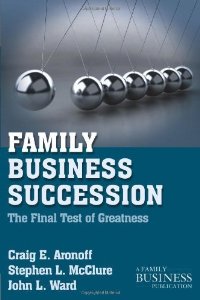Is Your Plan In Place?
/As you may know, only 10% of business owners have a written succession plan and…every business owner will leave their business one day. No. Matter. What! In the best situation, you leave when you want, with the return on investment you hoped for, and with a trusted successor or buyer in place. In any case, you still need a successor, and most of the time, they will not just appear in your life, with the skills and experience you need, and be willing to buy your business for what you think your business is worth, or take over and run your business for the compensation you have in mind. Drafting a succession plan and creating an exit strategy is complicated! It’s tricky. It’s filled with uncertainty. It can be uncomfortable to think about leaving your baby to someone else, even if they pay you handsomely for it. You may be uncertain about their real ability to run and grow your business. You may be worried about what you will do when you no longer have the business to run. It’s been such a big part of your life for 20, 30 maybe even 40+ years. If any of this resonates with you, know you are not alone. We interviewed over 35 business owners and have collated their most pressing concerns. See the list. Post your favorites below.
Take the first step today by recognizing that it’s time to get started. With a written succession plan in place, you not only prepare for the worst case scenario, you have time to CREATE a best case scenario.



